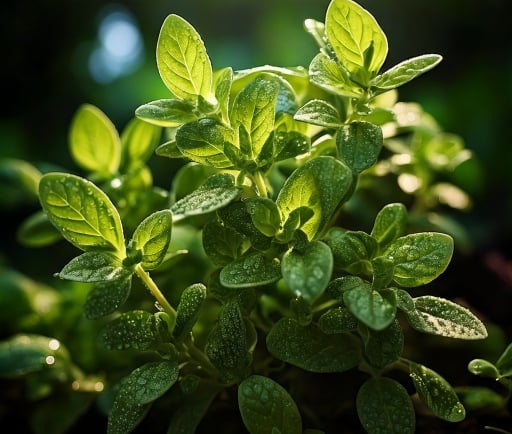The Therapeutic Potential of Aromatic Plants in Colorectal Cancer Treatment


Introduction to Aromatic Plants
Aromatic plants have long been celebrated for their culinary and therapeutic properties. Among these, certain species stand out for their potential role in combating serious health issues, including colorectal cancer. This blog post delves into the remarkable benefits of these plants, highlighting their significance in the medical field particularly for colorectal cancer treatment.
Understanding Colorectal Cancer
Colorectal cancer, a malignancy affecting the colon or rectum, represents a significant health challenge globally. Factors such as diet, lifestyle, and genetics intersect to increase the risk of this disease. Recent research has spotlighted the importance of natural remedies, including the use of aromatic plants, as complementary treatments for this troubling condition. These plants are not merely a source of flavor; they carry potent biochemical compounds capable of influencing cancer progression.
Aromatic Plants and Their Healing Properties
Among the vast array of aromatic plants, several exhibit properties that may assist in treating colorectal cancer. For instance, plants like turmeric and ginger are infamous for their anti-inflammatory and antioxidant effects. Curcumin, the active compound in turmeric, has been extensively studied for its potential to inhibit tumor growth and enhance the efficacy of existing chemotherapy. Similarly, ginger has shown promise in reducing inflammation associated with cancer, contributing significantly to the well-being of patients.
Moreover, essential oils derived from these aromatic plants can be employed in aromatherapy, further aiding in relief from symptoms associated with cancer and its treatments. The inhalation of these oils may help alleviate stress and improve overall quality of life for colorectal cancer patients.
It is important to recognize, however, that while aromatic plants can be beneficial, they should not replace conventional treatment methods but rather complement them. Always consult healthcare professionals before integrating any new herbal treatments into your regimen, particularly for serious conditions like colorectal cancer.
Conclusion
The exploration of medicinal properties inherent in aromatic plants opens exciting avenues for future cancer therapies. Their application in improving patient outcomes related to colorectal cancer draws attention to the necessity for further research and integration of holistic approaches in mainstream medical practices. Through ongoing studies, the aromatic plant community is poised to offer innovative strategies that could enhance treatments aimed at reducing the risk and impact of colorectal cancer. Embracing nature’s bounty may lead to not only better health outcomes but also an enriching complement to the realm of medical science.
